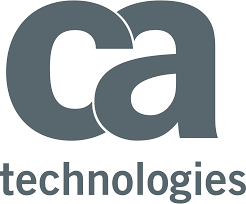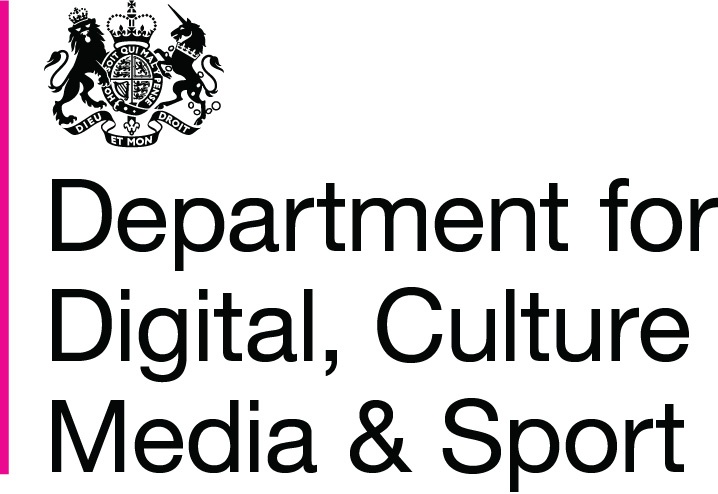The tech sector is many things, exciting, innovative, dynamic, fun.
But it is not diverse.
In fact it’s quite the opposite.
Women, for instance, make up only 17% of the tech sector, despite forming almost half the UK workforce.
And this gender imbalance is just the tip of the iceberg.
Black and minority ethnic (BME) groups are also under-represented in tech, as are those from lower-income backgrounds.
This all adds up to a very exclusive and homogenous workforce.
Practical initiatives to end the diversity crisis
So we’ve faced up to the fact there’s a problem.
Now we need to fix it.
How can we do this?
At Fujitsu we’ve already made a start.
In September we published our review of the gender pay gap, and devised an action plan for how to fix it.
This included:
- Attracting and hiring more women into our business, and especially sales roles, through inclusive bias-free recruitment practices
- Enabling more women to progress to senior management levels through mentoring, sponsorship and bias-free internal mobility processes
- Inspiring more girls into tech through our new schools engagement strategy and our support of social enterprise Modern Muse
- Celebrating and developing our accomplished technical women through the Ada Lovelace networking events and role model programs
- This is an excellent step forward for our organisation, and we’re beginning to see a positive impact already
But ultimately it’s not enough to act in isolation.
To bring real change to the sector we have to collaborate with fellow tech companies.
For this reason, we are proud to become a new signatory of the Tech Talent Charter (TCC).
![]()
The TCC is an industry collective that seeks to drive greater diversity in the UK’s tech workforce.
It manages this by securing signatories who pledge to make positive changes to their recruitment and retention policies.
These kinds of changes include:
- Adopting more inclusive attraction and recruitment processes, with women included on the shortlist for interview wherever possible
- Collaborating with other signatories to develop and implement the aims of the TCC
- Contributing employment diversity data into a common central anonymised database for sharing amongst signatories, and for publishing publicly in an annual report
We are particularly excited about the potential impact of the central anonymised database.
Having all of the data readily available will make it easy to keep track of the progress we are making, so as a group we can spur each other on to keep improving.
Diversity is better
The importance of opening doors to everyone is clear from an ethical standpoint.
Everybody deserves an equal opportunity to work in a job and industry they love.
So diversity is important from a human perspective and it makes good business sense.
If we build a diverse workforce made up of people from all backgrounds, ages, genders, races, religions and sexual orientations, we will produce better and more innovative work.
This is because there will be a greater number of perspectives and ideas that can be contrasted and fused to make something new.
Plus it’s easier to understand your customers if your organisation reflects them accurately.
You will have a better understanding of what your customers want and find it easier to keep up with emerging trends if you employ more than one type of person.
Finally, it’s clear that diversity is key to making the most of digital transformation.
You have to have the right people, actions, collaboration and technology in place – what we call our PACT.
Ultimately it comes down to this: if we want to stay at the forefront of technological evolution we need the best people on our team, whoever they are and wherever they come from.
It’s as simple as that.
A vision for the future
We love the tech sector.
It’s constantly improving people’s lives, making them easier, safer and healthier.
But it does this through the technology it delivers – not through its actions as an industry.
We should aim to be a sector that does good things as much as builds good things.
And it all starts with a more diverse and inclusive workforce.
Written by Duncan Tait
First published on in News









